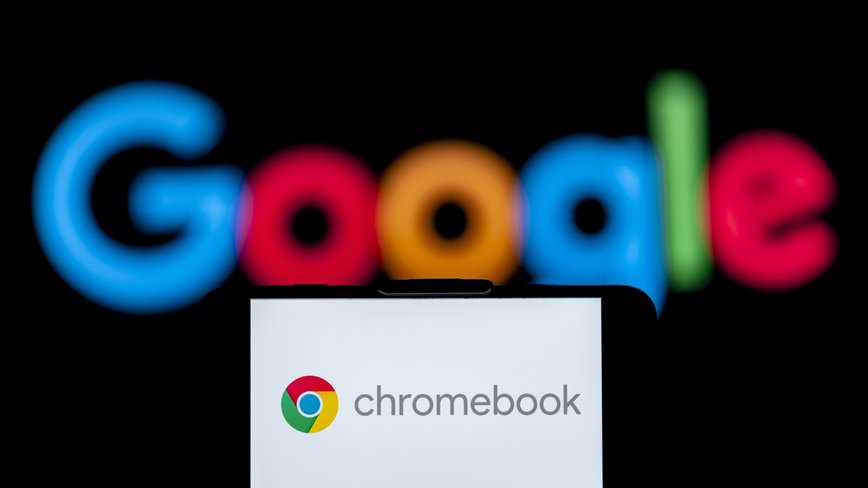
Google Faces Legal Troubles: Who'S Responsible For Kids' Online Safety?

Lawsuit Filed: A Family's Fight
In a bold legal move, a Utah family has filed a federal lawsuit against Google, alleging the tech behemoth didn't do enough to stop children from encountering adult content on Chromebooks provided for educational purposes. On October 17, the family lodged their case in the Northern District of California, where they claim their 11-year-old child stumbled upon explicit material while using a school-issued device. The child was supposed to be researching Pokémon characters but instead was led to pornographic content, including "pornographic Japanime."
The family further alleges that their child engaged in risky online activities, such as sending money to strangers for explicit photos and sharing personal information, putting the family in potential danger. Despite the school placing a "high restriction" on the child's account, these measures proved ineffective, forcing the family to transfer their child to a low-tech charter school.
“This lawsuit will hopefully bring us the answers to who bears responsibility for safeguarding children online,” said Bill Hartzer, CEO of Hartzer Consulting.
Who's Responsible: Tech Giants or Schools?
The crux of the case revolves around who should be held accountable for protecting children online – Google or the school districts? The family's legal team argues that Google, as the provider of the software, should ensure its products are safe for children. "They can program it to block certain websites," asserts Hartzer.
However, school districts also have a role to play, with many possessing robust IT departments capable of implementing filters. Yet, according to the lawsuit, the school's third-party service failed to effectively block inappropriate content, leaving the child exposed despite attempts to curb access both at school and home.
Challenges in Access Control
While restricting access seems straightforward, there are complications. Hartzer notes that these devices aren't used solely by minors – college students and adults also use them for legitimate purposes, including research and cybersecurity.
Implications of a Landmark Case
This legal battle is more than just one family's quest for justice; it could have widespread ramifications. With 94% of public schools providing digital devices to students, the outcome of this case could set a precedent, influencing how tech companies and educational institutions manage online safety.
"Parents, tech companies, and lawmakers should all be paying attention," warns Hartzer. This lawsuit could redefine the digital landscape for schools, spurring changes that extend beyond tech companies to the software providers and lawmakers responsible for shaping online safety regulations.













